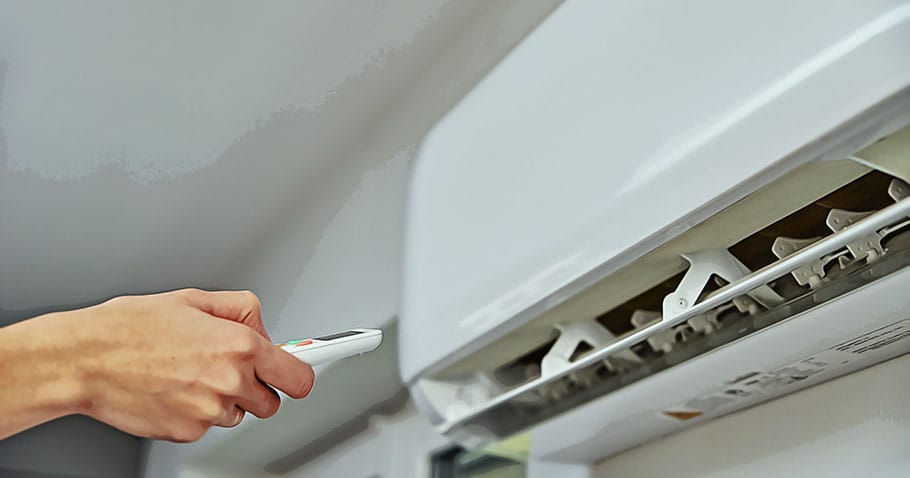Ensuring 8 hours of sleep per night

Achieving eight hours of sleep each night can seem like a daunting task in today’s fast-paced world. However, prioritizing sleep is crucial for overall health and well-being. In case you have issues, you can always consult sleep clinics. This guide will explore practical strategies and tips to help you consistently get the rest you need.
Understanding the Importance of Sleep
Before diving into the methods to secure a good night’s sleep, it’s essential to understand why sleep is so important. Sleep is a vital process that helps the body repair itself, supports cognitive function, and regulates mood. Lack of adequate sleep can lead to numerous health issues, including obesity, diabetes, cardiovascular disease, and mental health disorders.
Establishing a Consistent Sleep Schedule
Set a Fixed Bedtime and Wake-Up Time
One of the most effective ways to ensure you get eight hours of sleep is to establish a consistent sleep schedule. Going to bed and waking up at the same time every day, even on weekends, helps regulate your body’s internal clock. This consistency makes it easier to fall asleep and wake up naturally.
Gradually Adjust Your Schedule
If you need to change your sleep schedule, do so gradually. Adjust your bedtime and wake-up time by 15-minute increments each day until you reach your desired schedule. Sudden changes can disrupt your sleep patterns and make it harder to fall asleep.
Creating a Sleep-Friendly Environment
Optimize Your Bedroom
Your bedroom environment plays a significant role in the quality of your sleep. Ensure your room is cool, quiet, and dark. Invest in blackout curtains to block out light and consider using a white noise machine to drown out background noise.
Choose a Comfortable Mattress and Pillows
Investing in a high-quality mattress and pillows that provide adequate support can make a significant difference in your sleep quality. Everyone’s comfort preferences vary, so take the time to find what works best for you.
Minimize Distractions
Remove electronic devices such as TVs, computers, and smartphones from your bedroom. The blue light emitted by these screens can interfere with your body’s production of melatonin, a hormone that regulates sleep.
Developing a Relaxing Bedtime Routine
Establish Pre-Sleep Rituals
Creating a calming pre-sleep routine can signal to your body that it’s time to wind down. Activities such as reading a book, taking a warm bath, or practicing gentle yoga can help relax your mind and body.
Avoid Stimulants
Limit your intake of caffeine and nicotine, especially in the hours leading up to bedtime. These substances can interfere with your ability to fall asleep and stay asleep.
Limit Alcohol Consumption
While alcohol might make you feel sleepy initially, it can disrupt your sleep cycle later in the night. It’s best to avoid alcohol close to bedtime.
Managing Stress and Anxiety
Practice Relaxation Techniques
Incorporate relaxation techniques such as deep breathing exercises, meditation, or progressive muscle relaxation into your daily routine. These practices can help reduce stress and anxiety, making it easier to fall asleep.
Keep a Sleep Journal
If you struggle with racing thoughts at night, consider keeping a sleep journal. Write down your worries and to-do lists before bed to clear your mind and reduce anxiety.
Maintaining a Healthy Lifestyle
Exercise Regularly
Engaging in regular physical activity can promote better sleep. Aim for at least 30 minutes of moderate exercise most days of the week. However, avoid vigorous exercise close to bedtime as it can be stimulating.
Eat a Balanced Diet
Your diet can impact your sleep quality. Eat a balanced diet rich in fruits, vegetables, whole grains, and lean proteins. Avoid heavy or spicy meals before bedtime, as they can cause discomfort and disrupt sleep. Bad diet can also cause stuffy nose in the morning.
Leveraging Technology Wisely
Use Sleep Tracking Apps
Many sleep tracking apps and devices can help you monitor your sleep patterns and identify areas for improvement. These tools can provide insights into your sleep duration and quality, helping you make necessary adjustments.
Set Device Curfews
Implement a digital curfew by turning off electronic devices at least an hour before bedtime. This practice reduces exposure to blue light and allows your body to prepare for sleep naturally.
Understanding Your Sleep Needs
Recognize Your Sleep Cycles
Understanding your sleep cycles can help you wake up feeling refreshed. Each sleep cycle lasts about 90 minutes and includes light sleep, deep sleep, and REM sleep. Aim to wake up at the end of a sleep cycle rather than in the middle to feel more rested.
Listen to Your Body
Pay attention to your body’s signals and adjust your sleep habits accordingly. If you feel consistently tired or have difficulty sleeping, consult a healthcare professional to rule out any underlying sleep disorders.
Seeking Professional Help
Consult a Sleep Specialist
If you’ve tried multiple strategies and still struggle to get enough sleep, it might be time to consult insomnia doctors. They can diagnose and treat sleep disorders such as insomnia, sleep apnea, or restless leg syndrome.
Cognitive Behavioral Therapy for Insomnia (CBT-I)
CBT-I is a proven treatment for chronic insomnia that focuses on changing the thoughts and behaviors that interfere with sleep. A trained therapist can guide you through this process to improve your sleep quality.
The Role of Natural Light Exposure
Exposure to natural light during the day, especially in the morning, can significantly improve your sleep quality. Natural light helps regulate your circadian rhythm, the internal clock that tells your body when to feel awake and when to feel sleepy.
Spending time outdoors or keeping your blinds open to let in natural light can boost your mood and energy levels during the day, making it easier to wind down at night. Conversely, limit exposure to artificial light in the evening to signal to your body that it’s time to prepare for sleep. This natural approach can harmonize your sleep-wake cycle, promoting a more restful and restorative night’s sleep.
Incorporating Mindfulness and Meditation Practices
Integrating mindfulness and meditation into your daily routine can be a powerful way to enhance your sleep quality. These practices involve focusing on the present moment and letting go of stress and anxiety, which are common barriers to a good night’s sleep. Regular mindfulness meditation can help calm the mind, reduce the impact of daily stressors, and promote a state of relaxation conducive to sleep
Conclusion
Ensuring you get eight hours of sleep each night requires a combination of consistent habits, a conducive sleep environment, and healthy lifestyle choices. By implementing these strategies and prioritizing your sleep, you can improve your overall health and well-being. Remember, quality sleep is not a luxury but a necessity for a balanced and healthy life. For more information, consider talking to a sleep specialist.































































